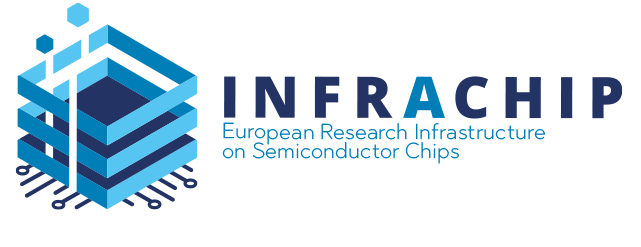A Successful Research Accelerator Programme on “Automated Metrology” held at Chalmers University of Technology
From June 24th to 26th, Chalmers University of Technology hosted a three-day workshop combining lectures and hands-on laboratory sessions focused on quantum computing circuit fabrication and advanced automated metrology systems. The event provided participants with deep insights into fabrication techniques, quality control processes, and multi-tool data analysis workflows essential for scalable quantum device production.
Day 1 – Introduction to Quantum Circuit Fabrication and Initial Electrical Probing
The event opened with a lecture introducing superconducting quantum computing circuits, highlighting how design choices and material stacks influence fabrication processes and equipment selection. Key metrological quantities were defined, and a quality control flow was outlined using Chalmers’ automated metrology tools. A case study demonstrated how wafer-scale effects limiting uniformity were identified and corrected using automated analysis.
In the afternoon, participants attended a room-temperature electrical probing lab, where they used an automated probe station to measure junction resistance across entire wafers. The data was processed using a custom in-house script to identify both wafer-to-wafer and intra-wafer trends.
Day 2 – Data Mapping and Multi-Tool Automated Analysis
The second day began with a detailed analysis of the autoprober data collected on Day 1. Participants created spatially resolved heatmaps to visualize resistance trends and generated defect maps to guide subsequent metrology workflows.
Next, they were introduced to the automated scanning electron microscope (SEM) “ChipScanner”, learning how to set up measurement jobs, acquire overview images for defect inspection, and collect metrology data to correlate with electrical measurements.
Further analysis was carried out using an automated optical microscope to inspect areas of interest identified by resistance anomalies, aiming to reveal potential failure modes.
In the afternoon, the “Deposition Thickness Effects” lab allowed participants to extract topographical data using an optical profilometer. These measurements, taken at previously identified points, were batch processed to determine film thickness variations and presented in statistical control charts.
Day 3 – Defect Inspection and Abstraction of Metrology Tools
On the final day, participants used the Nikon automated microscope to inspect particle contamination and cracks in silicon nitride (SiN) films, and analyzed a process development wafer. Various data analysis techniques were explored to support failure diagnostics and process optimization.
The workshop concluded with a lecture and open discussion on automated metrology tool abstractions, highlighting approaches to generalize automation across motorized instruments and addressing key challenges in handling and interpreting large-scale metrology data.
This successful training combined real tools and data, and concrete challenges to give participants practical insight into quantum circuit fabrication and analysis. Chalmers University of Technology continues to demonstrate leadership in developing end-to-end process and quality control workflows critical for the next generation of scalable quantum devices.
To learn more about INFRACHIP’s infrastructures, visit our showroom.
Stay connected with INFRACHIP!
Keep an eye out for future Digital Schools, workshops, and project updates as INFRACHIP continues to support sustainable, high-performance electronics and energy systems.
📬 Subscribe to our newsletter | 🌐 INFRACHIP – Semiconductors EU research platform







